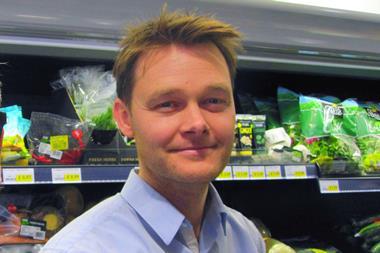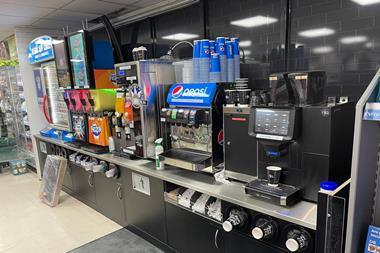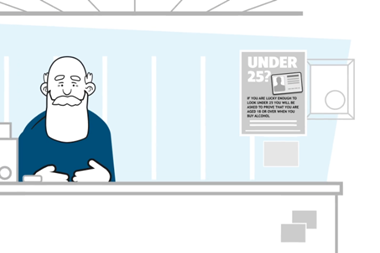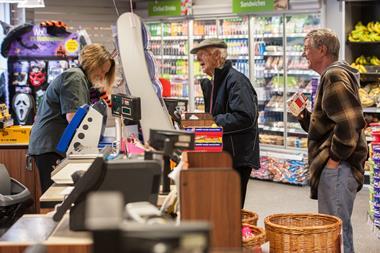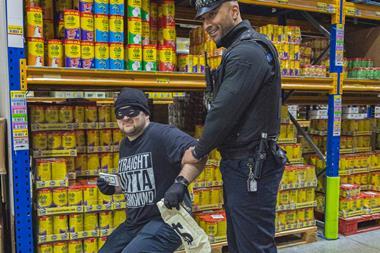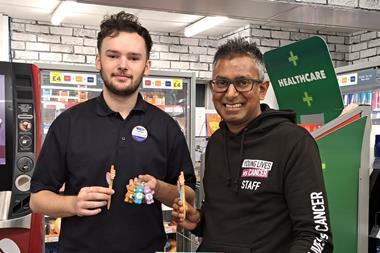How upskilling my team is helping to plug the staff shortage
By Sarah Britton2022-08-03T13:57:00

Source: GettyImages-1329997542
Harj Dhasee explains how his new training system has removed the need for middle management
ALREADY HAVE A REGISTERED USER ACCOUNT? PLEASE LOG IN HERE
To read the full story join the ConvenienceStore.co.uk community today!
Registration is quick and easy and provides access to:
- Unlimited ConvenienceStore.co.uk articles
- Our great range of newsletters
- Content you’ve saved for later via the ‘my library’ feature
And much more…
Related articles
More from Community
Unlimited Access + Newsletters
Register today to gain unlimited access to articles and to receive our great range of email newsletters.




















